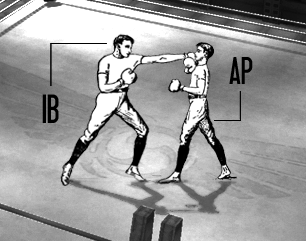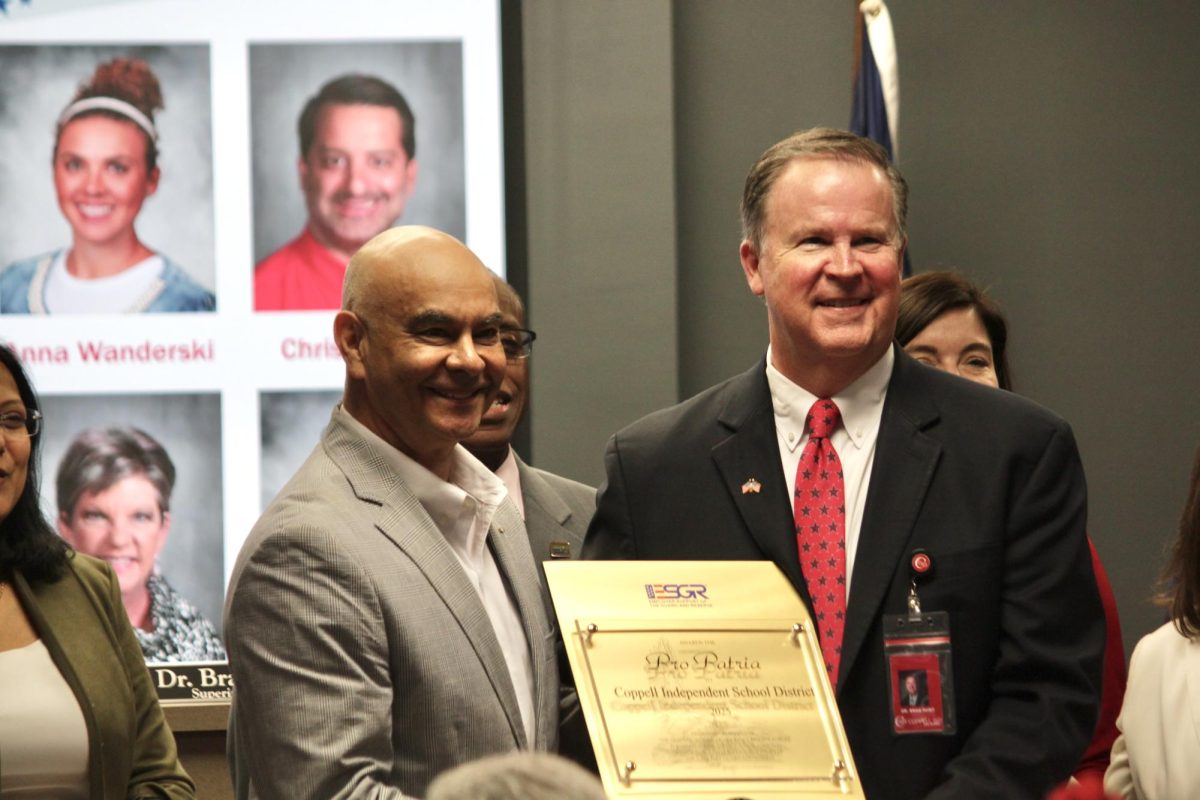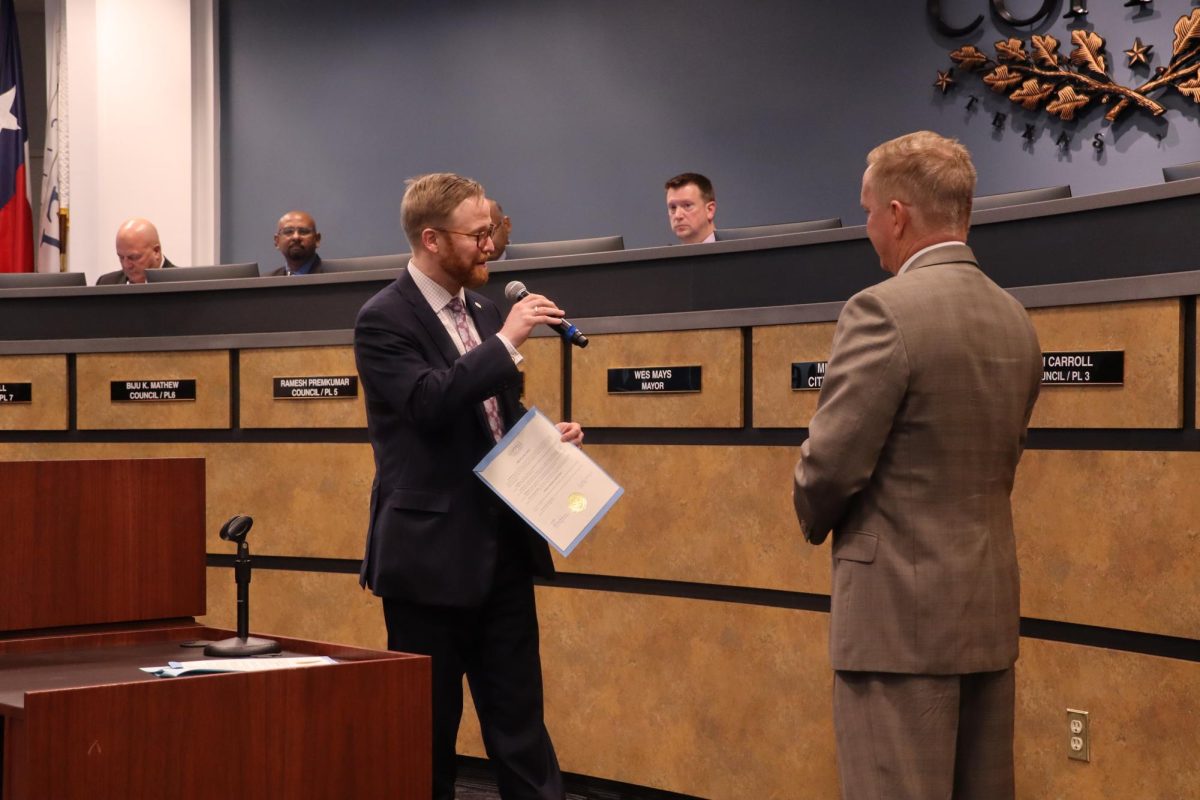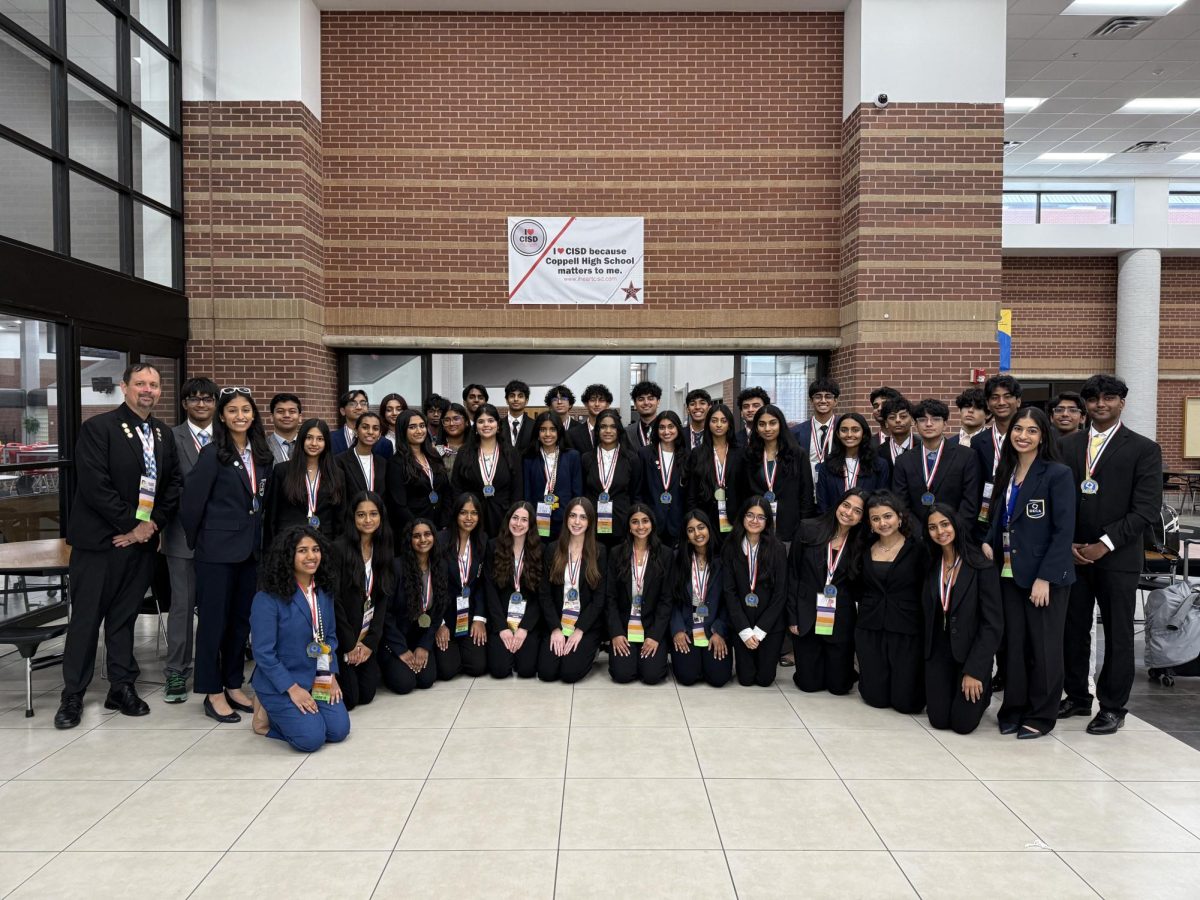Though many may not know it, a struggle over GPA and ranking is underway within the junior class.
On one side, there are the IB students, who some believe have benefited from a rise in GPA because all of their classes are worth 6.0 credit. On the other, AP students are distraught with their slipping ranks and a situation that they believe gave unfair advantages to the IB students.
This problem is not just confined to parent e-mails and counselor conferences. The hallways are filled with estranged friends, not speaking due to arguments caused by the fairness of the updated ranks.
Principal Brad Hunt realizes the conflict and reminds juniors the IB course is designed to be more rigorous and demanding.
“The difference between an IB program and an AP is that you can take as many AP courses as you can take IB courses, but a lot of kids don’t do it,” he said. “They pick and choose whatever they feel strongly in. That’s where the difference has fallen for people, and their GPA has been affected by that.”
The decision to make all IB courses 6.0 credit came from a long process and evaluation.
“We spent two years during the authorization period discussing both options, if standard level courses should be at the Pre-AP or AP level, or just what level they should be,” Hunt said. “It was decided by our committee that we would go ahead and offer it at the higher level… knowing that sometimes the first year of a program might not appear to be as rigorous as it’s going to be. But really when you think about what the IB students are expected to do over the two year period, it’s pretty significant.”
Most of the complaints made by AP students regard the level of difficulty of the Spanish and math classes offered by IB.
“Basically what we’re trying to do is make certain that the rigor is there for both courses, that even though it’s your first year in this language, this really is your third language,” Hunt said. “You have your native language and you’ve taken your second language and for many students this is the third language they’re taking, which is different from AP in that AP, you can just take one language other than English and that can be your focus area.”
IB director Jeb Puryear also defends the program.
“[IB] is not like AP where you can kind of go through the class and then decide if you want to take the exam at the end,” Puryear said. “All of the IB kids are responsible for taking the exams at the end. So there’s absolutely no incentive for the class to not be rigorous because everyone in the end is going to be held responsible for it.”
Puryear gives some advice to any IB students who have been hassled by their friends in AP classes. He says they should remind them that while their senior year will be relaxing, they will still be taking rigorous courses.
Junior Justin Wu, an AP student, has heard rumors that cause resentment towards the IB program.
“In IB classes, former B and C students have been getting straight A’s,” Wu said. “I’ve talked to a lot of them and they’ve been getting 5.7s and 5.8s in all of their classes… [when] previously they were at
4.5.”
Junior IB student Farah Mithani just wants the whole conflict to end.
“We all go to CHS as one student body,” Mithani said. “Regardless of how much work we have, we both make our work load seem like more because we want to feel superior.”
There are still issues to be taken care of and Hunt wants students and parents to know the administration is addressing the issue. The district is putting together a GPA committee of students, parents, teachers, staff and community members to look at all GPA matters. They will also look into the possibility of not ranking outside the top 10 percent, a policy Southlake Carroll and Highland Park have already adopted.
Hunt compares the current conflict to a similar issue involving New Tech High@Coppell.
“We had a lot of issue this summer about the two high schools and what was fair and some people thought it was easier at one school than another,” Hunt said. “I don’t think that was good for our community as a whole and I certainly don’t want those same kinds of complaints or concerns to happen in our own building, where people feel like someone has an advantage over them. This issue is on our radar.”









